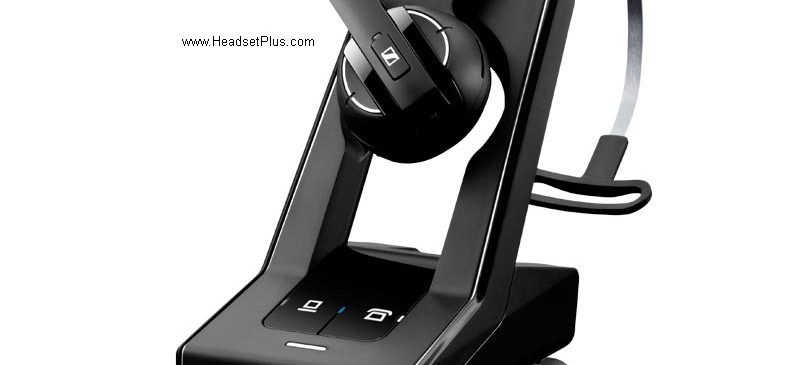
Usually fiddling around with how the Quest Pro sat on my head was enough to relieve excess pressure. But with a weight of just over a pound and a half, in longer sessions, I noticed my forehead sometimes got a bit sore. If you're hopping in and out of VR, you might not notice much. That said, even with all the attention Meta paid toward creating a comfortable and balanced headset, the Quest Pro's heft can still be a bit of an issue. But I should mention I've never really had problems with VR-related motion sickness, so your experience may vary. For me, that hasn't been a huge deal, as graphics and gameplay have been smooth and stutter-free. Though topping out with a 90Hz refresh rate, the Quest Pro’s visuals aren’t quite as fast as most of its high-end PC-based rivals. For comparison, that's higher than what you get from the Valve Index (1,440 x 1,600 per eye) but a bit less than the Vive Pro 2 (2,448 × 2,448 per eye). However, the real challenge in designing this headset was blending its standalone design with something that's simple and comfortable to wear, and I think Meta has struck an almost ideal balance.īy switching to new pancake lenses, the company was able to reduce the thickness of the headset while still delivering a relatively high resolution of 1,800 x 1,920 pixels per eye. Packing a Qualcomm Snapdragon XR2+ chip, 12GB of RAM and 256GB of storage, the Quest Pro delivers 50 percent more performance than the Quest 2, according to Meta.

And honestly, I think Meta has done it, because while its $1,500 price is hard to justify, it’s easy to see the potential of what this hardware can support. And now with the Quest Pro, Meta is trying to foster a new baseline level of tech designed to make digital worlds feel more lifelike, intuitive and immersive. It was only a couple of years ago when the company previously known as Facebook brought VR to the masses with the Quest 2.

However, even though it feels like VR headsets have been around forever, we're still very much in the early days of virtual reality. Meanwhile, the average person is still wondering what the point of having a VR headset really is, aside from maybe smashing some polygons in Superhot or Beat Saber.

Mark Zuckerberg is so thirsty to make those dreams a reality that he’s betting billions of dollars and the survival of his company on the metaverse being The Next Big Thing. As someone who grew up reading sci-fi novels and dreaming about what virtual worlds might look like in the future, that's kind of sad, but I get it. Currently, few things make people's eyes roll harder than the metaverse.


 0 kommentar(er)
0 kommentar(er)
